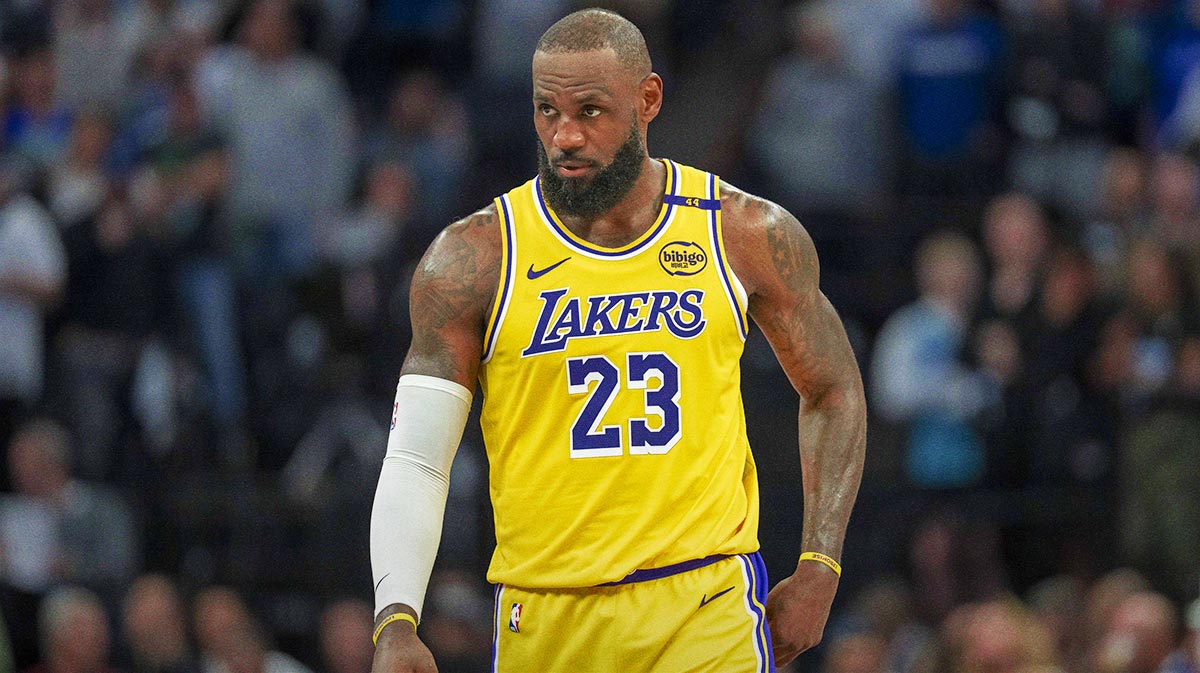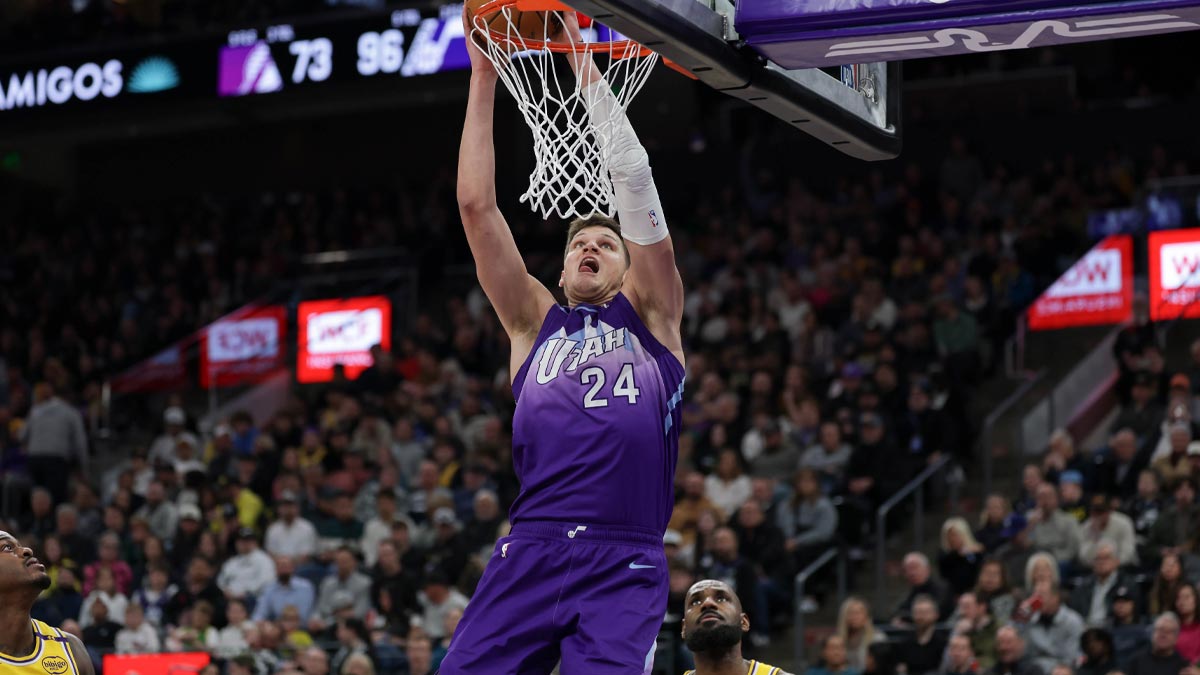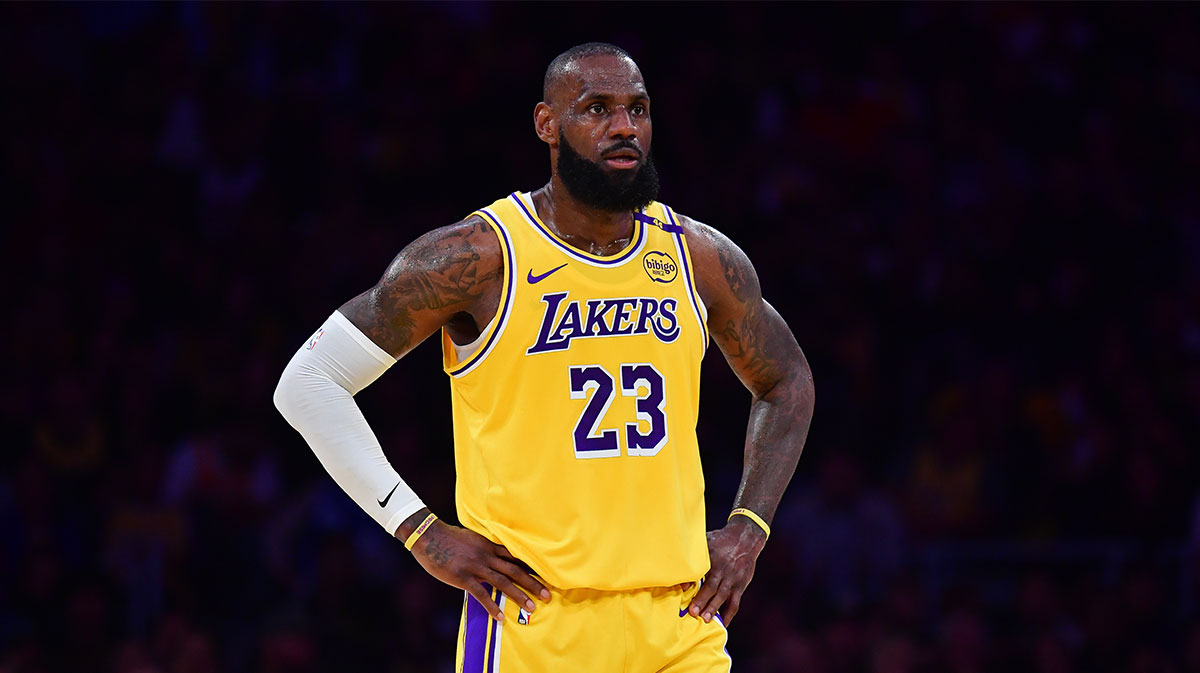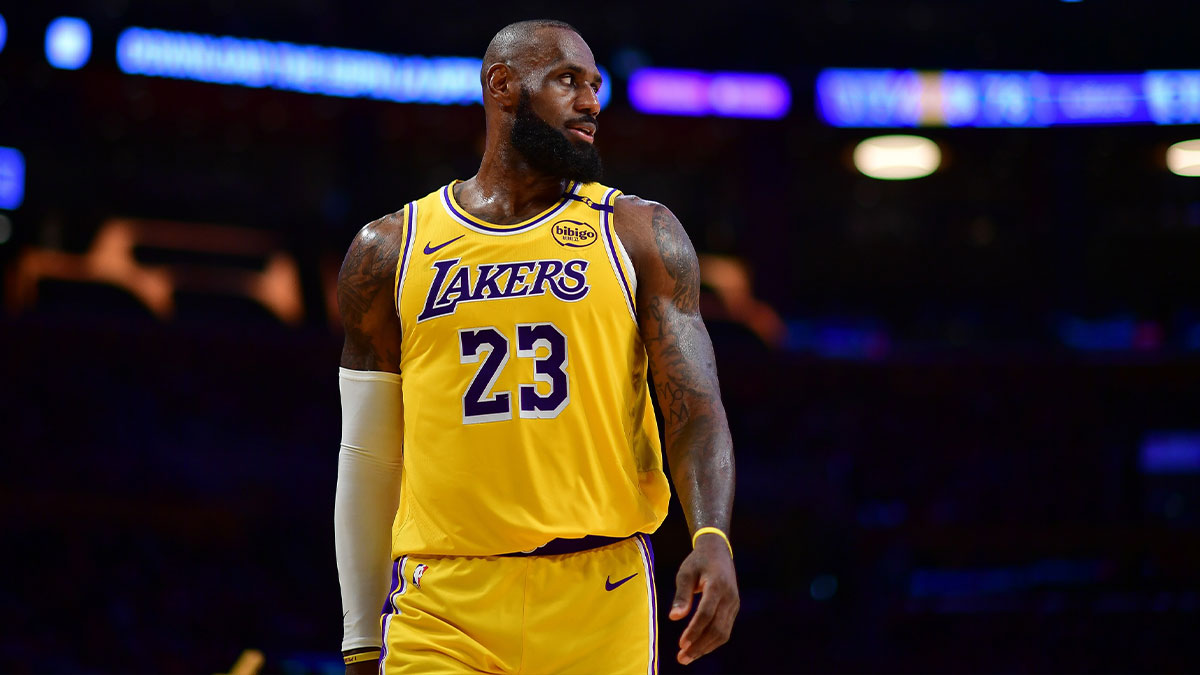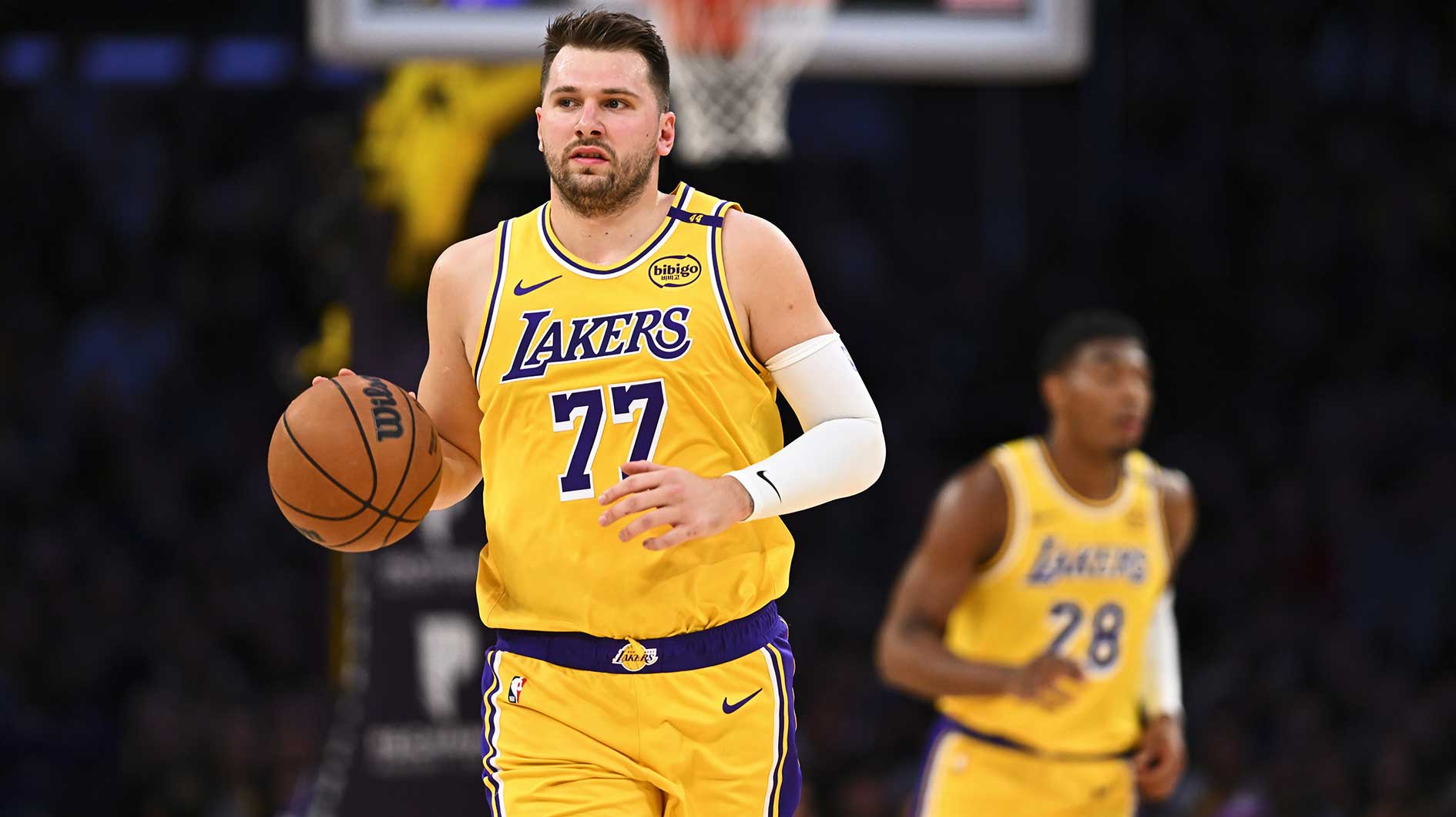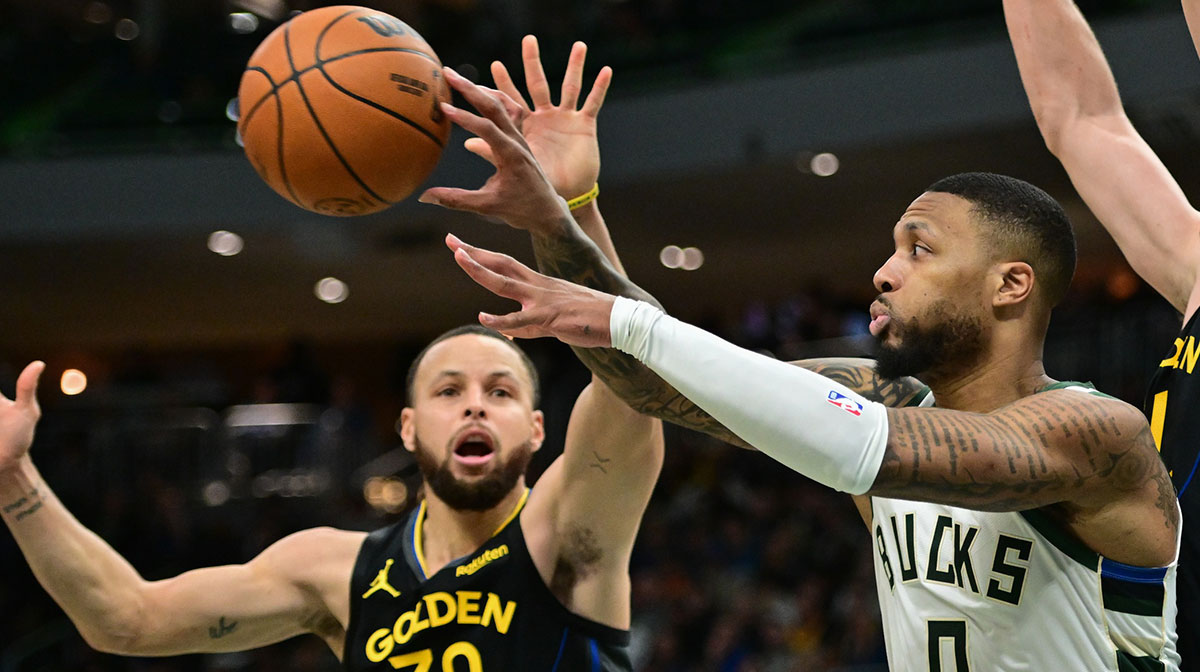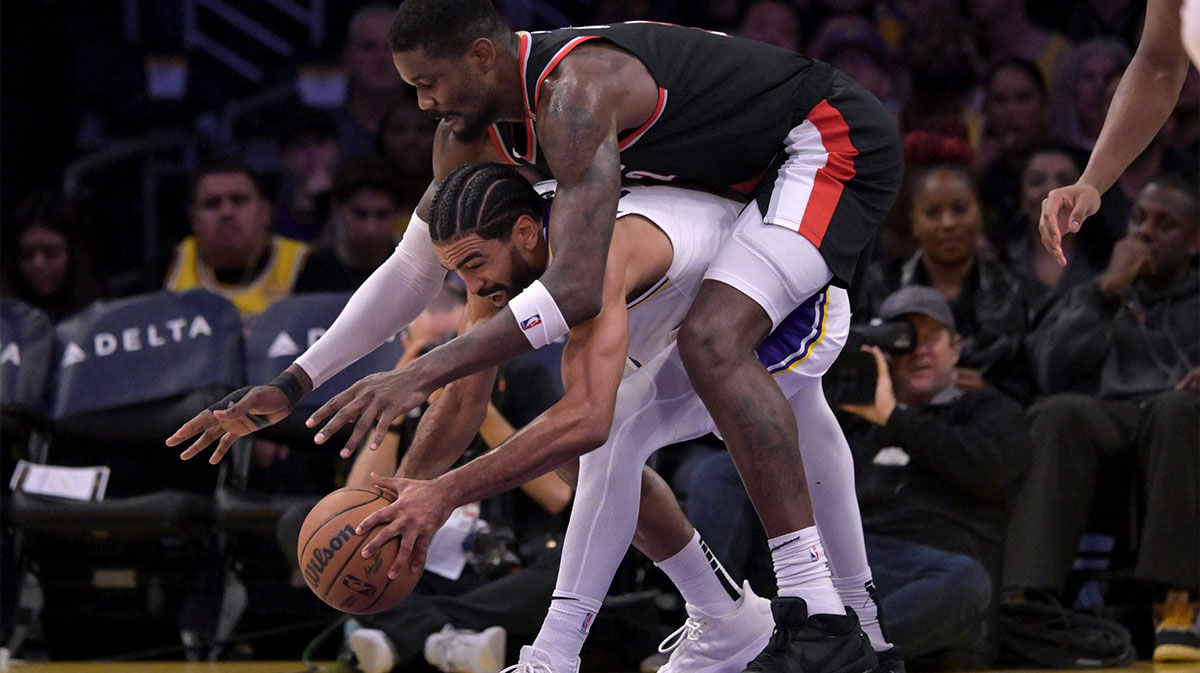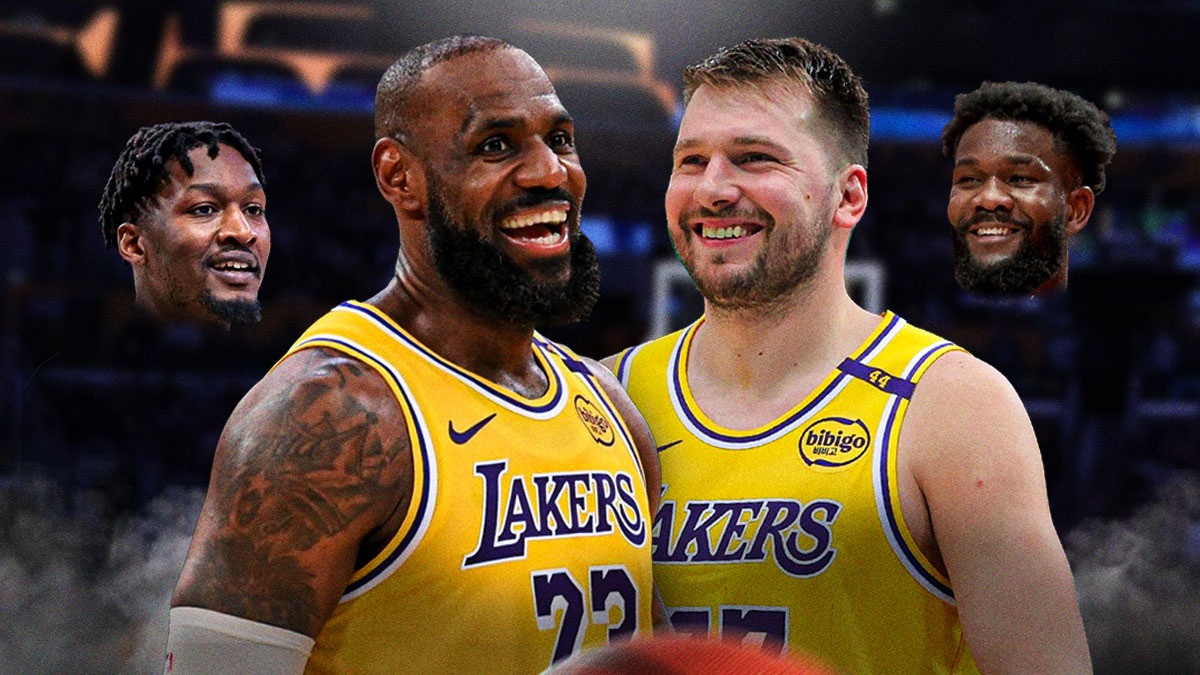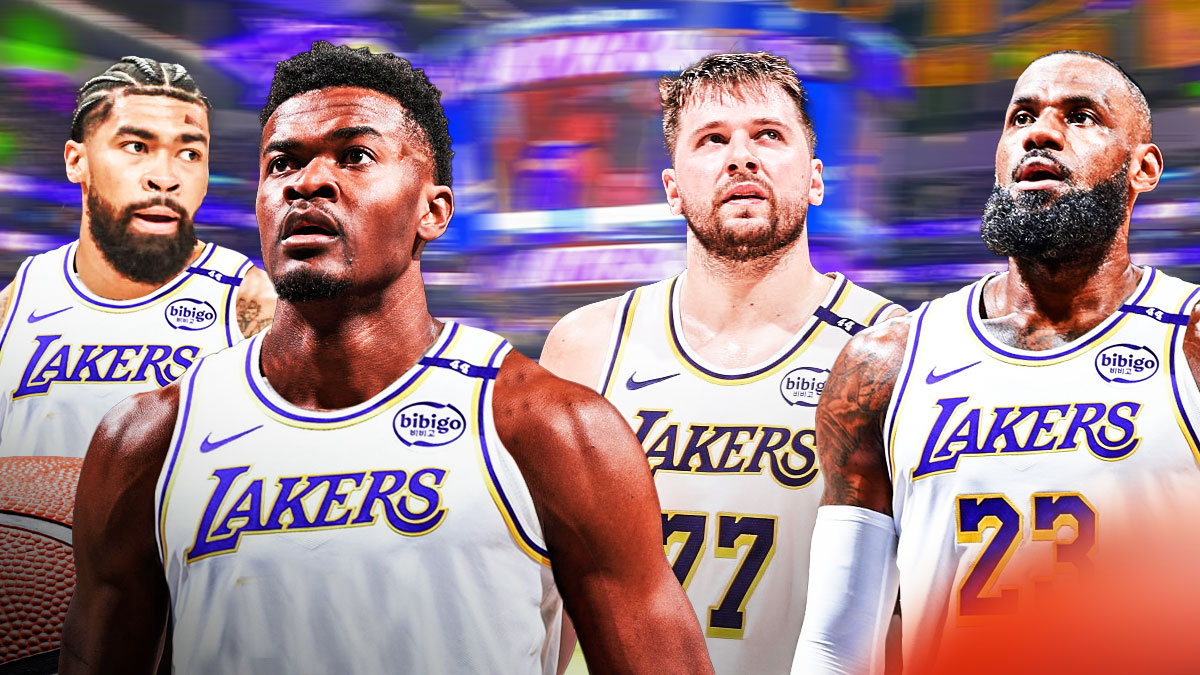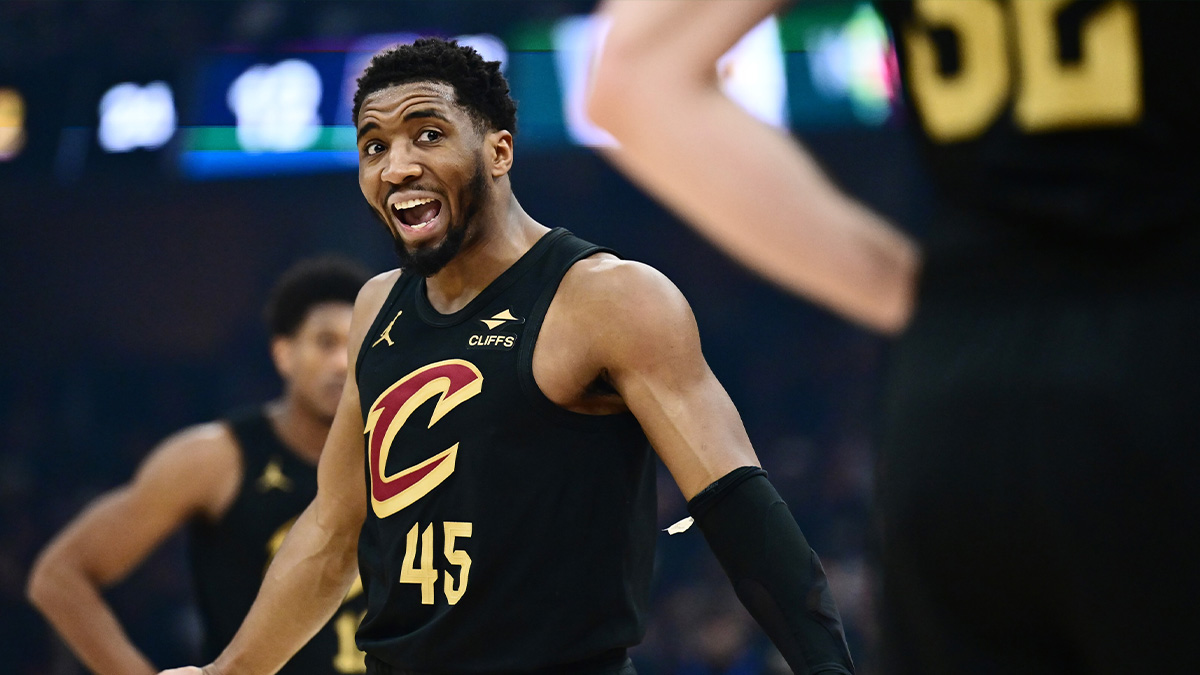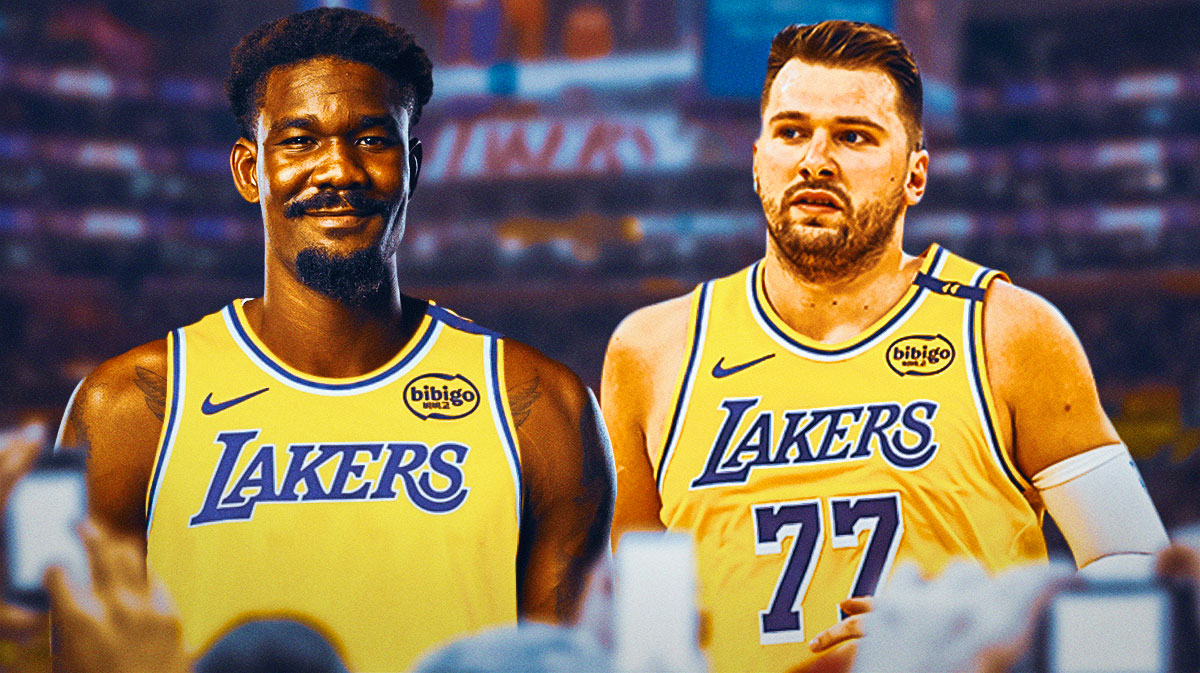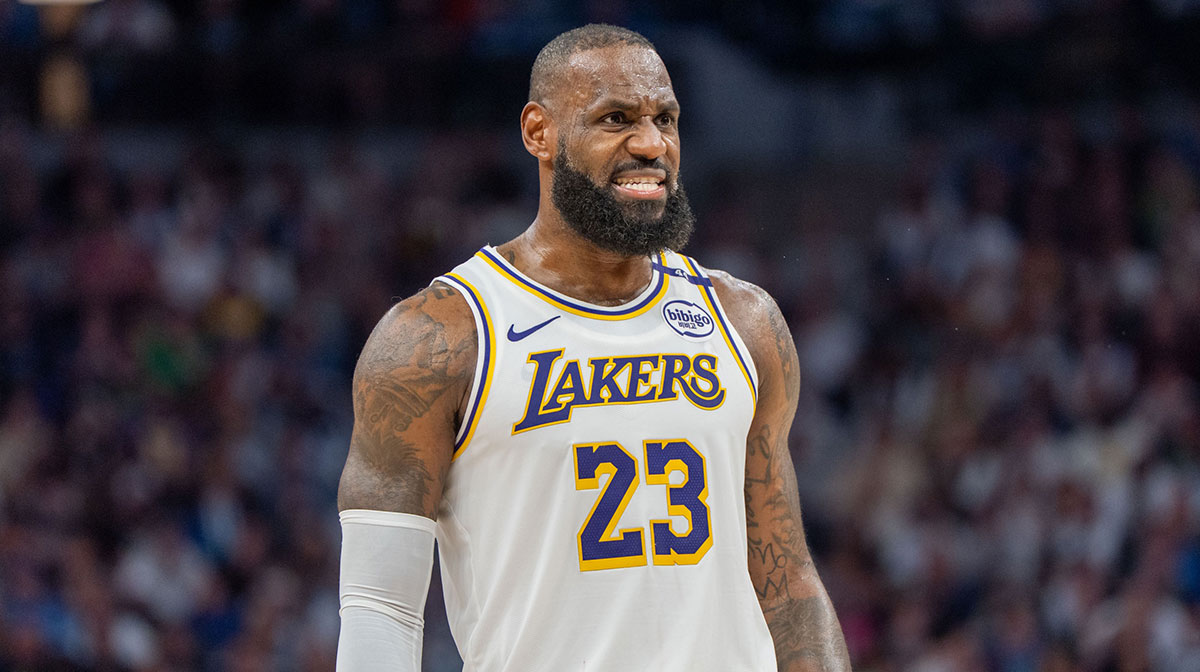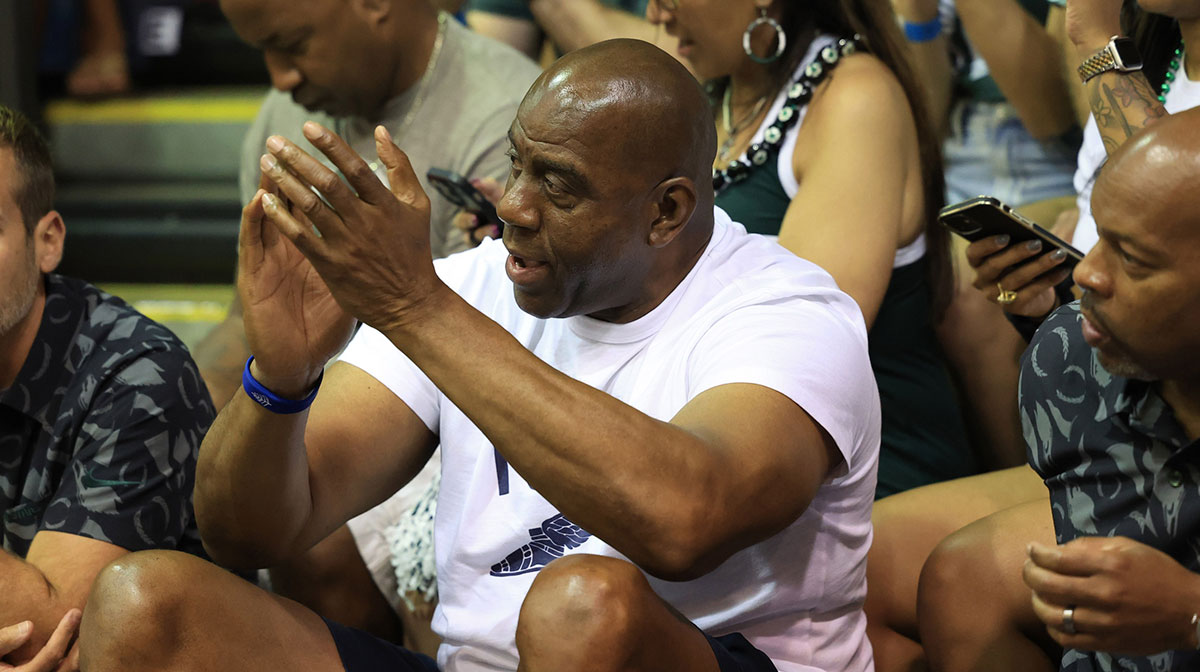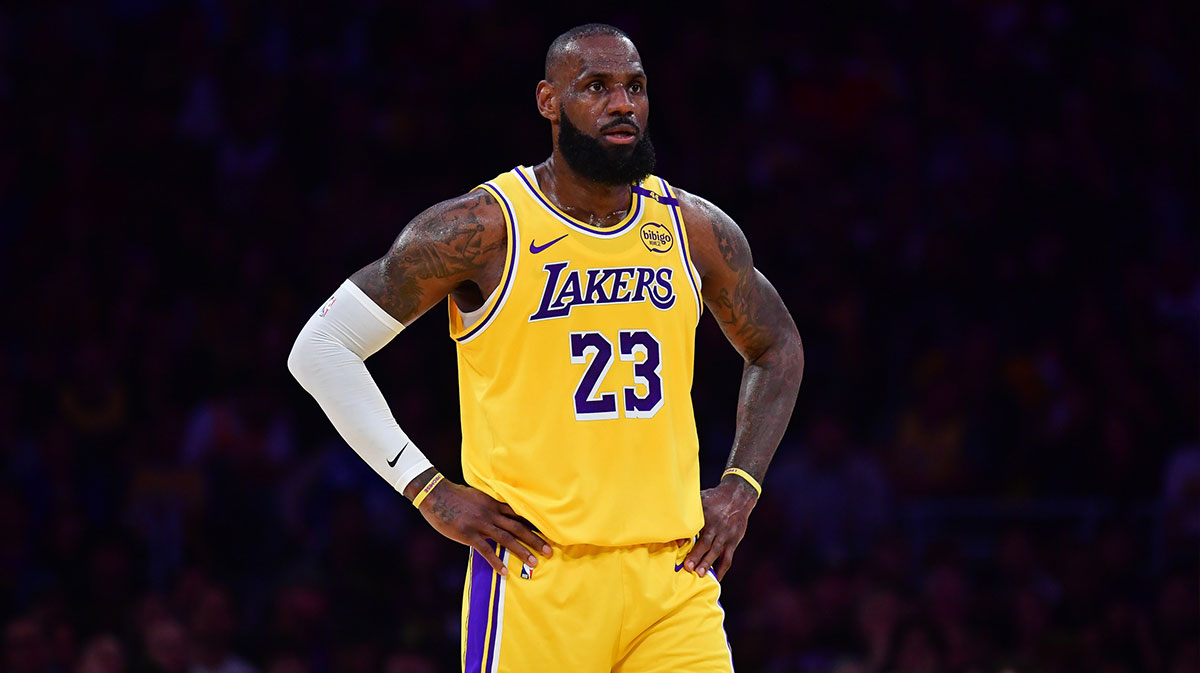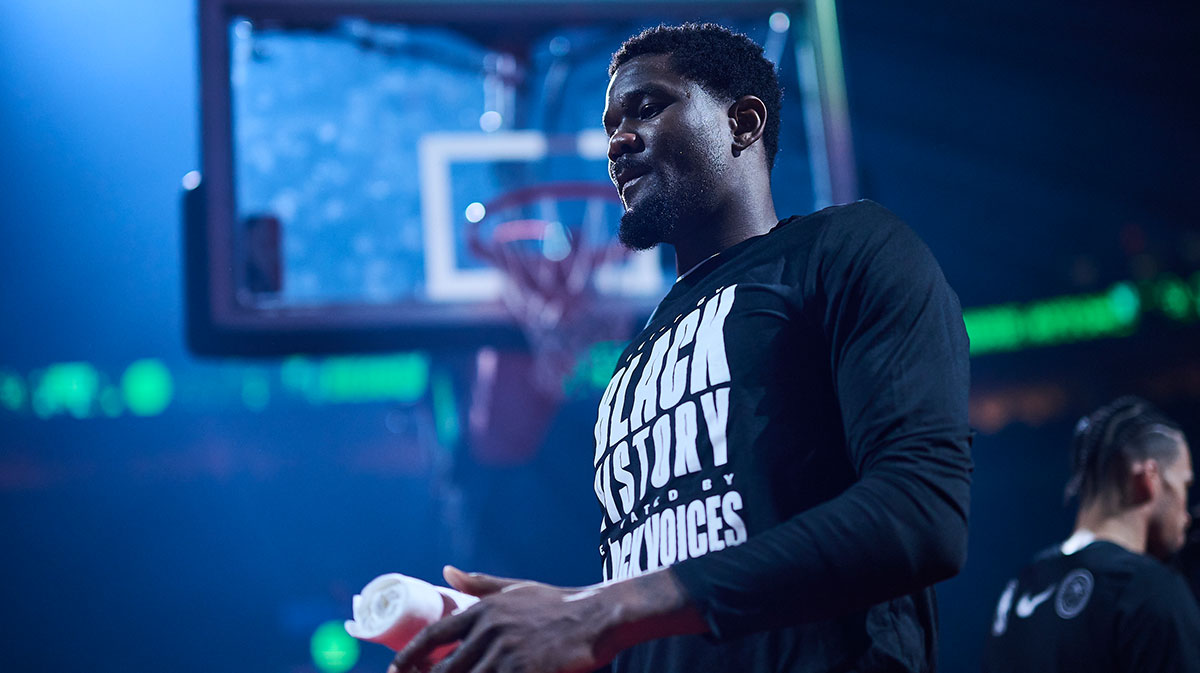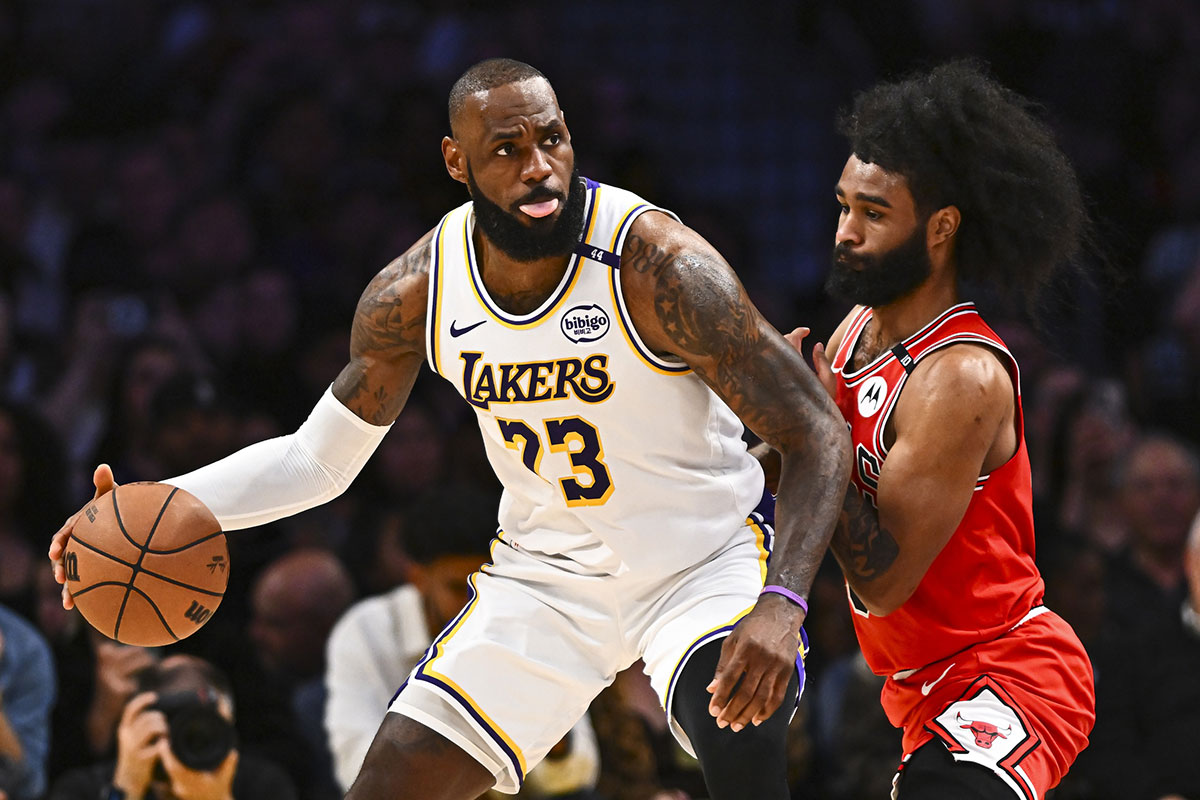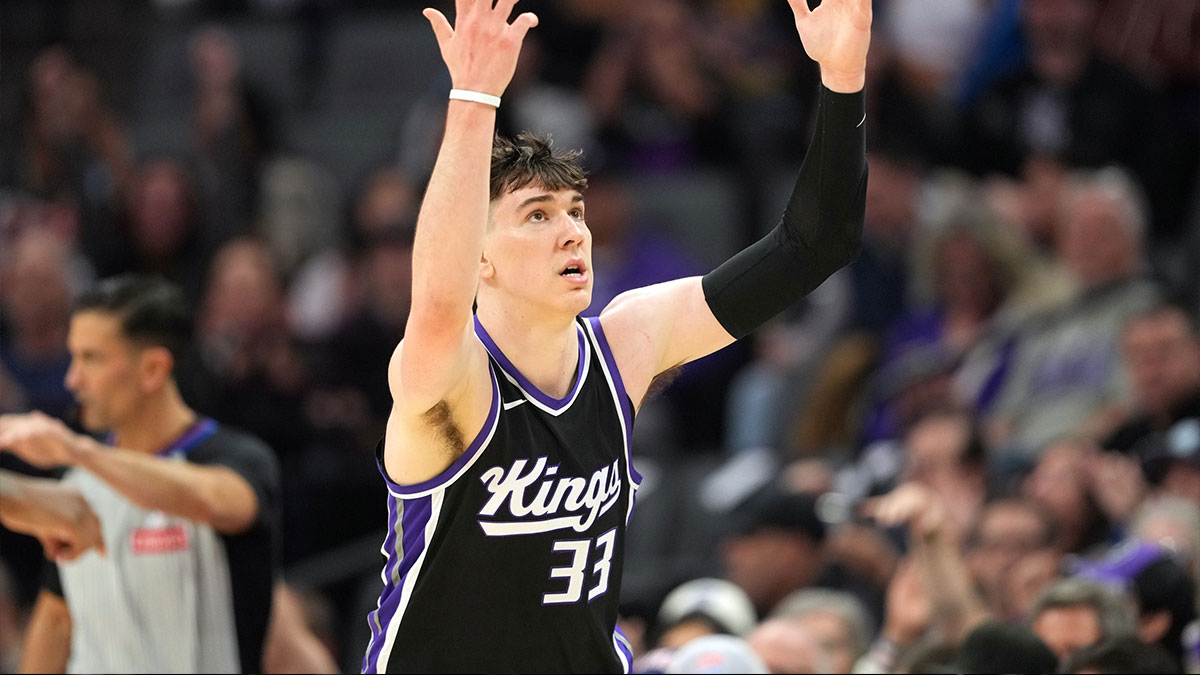The date was November 7, 1991. It was seemingly just like any other in basketball circles. The NBA regular season had just started, with Michael Jordan and the Chicago Bulls looking to defend their championship. It is a day in history when people too young to remember will inevitably ask their elders why Magic Johnson retired.
But while Jordan and the Bulls began the year healthy and optimistic, the Los Angeles Lakers–who were the Western Conference representatives in the 1991 NBA Finals–were about to be blindsided.
On this Nov. 7, legendary Lakers point guard Earvin “Magic” Johnson stunned the entire world when he announced that he had contracted the HIV virus, and would be retiring from NBA immediately.
Magic Johnson held a press conference to formally announce the retirement, an occasion so monumental that former NBA Commissioner David Stern would be seen sitting just to Johnson's left.
While Magic's decision to retire was clear enough, the implications were still rather unknown.
The HIV-AIDS epidemic began in earnest in the 1980s, but there was still very little knowledge as to how the disease was contracted or what it meant in terms of contagiousness and long-term impact. One thing, of course, was very clear: there had been infidelity on Johnson's part.
Magic had been married to his wife, Cookie, not more than two months before he made his announcement, and questions surrounded Johnson's sexuality as a result. Remember, HIV-AIDS were still primarily labeled “gay” diseases back then. This also resulted in a good deal of skepticism from some of Johnson's peers.

A fond farewell… and failed comeback
Despite the stunning realization that Magic Johnson would no longer be taking the court, the league did give him one of the more memorable sendoffs in recent sports history.
Magic Johnson was invited to participate as a member of the Western Conference during the 1992 All-Star Game, winning the MVP after scoring 25 points and adding nine assists in a feel-good performance. Johnson's friends and rivals all embraced him on the floor, as if the barriers initially created by the disease had been totally wiped away.
This seemed all the more evident during the 1992 Olympics, when Johnson joined Team USA as a member of the famed “Dream Team” in Barcelona. The U.S. would go on to capture the gold medal in overwhelming fashion, and Magic's beaming smile might otherwise have been a symbol of his triumph.
Only, that was far from the case.
Magic actually launched a comeback attempt prior to the 1992-93 season, but fears resurfaced when he took the floor. Despite indicating the doctors told him there was no risk of transmission, Johnson's return during the 1992 preseason was frowned upon.
While some of Johnson's Dream Team mates–like Charles Barkley–supported the idea of Johnson returning to the NBA, others–such as Utah Jazz forward Karl Malone–showed outward concern (from the Nov. 1, 1992 edition of the New York Times):
“Look at this, scabs and cuts all over me,” Malone, the Utah Jazz All-Star forward, said last Tuesday night in the visitors' locker room at Madison Square Garden before a preseason game against the Knicks.
He pressed a finger to a small, pinkish hole on his thigh that was developing into a scab. “I get these every night, every game,” he said. “They can't tell you that you're not at risk, and you can't tell me there's one guy in the N.B.A. who hasn't thought about it.”
Magic Johnson played in five of Los Angeles' eight preseason games that year, but he officially called it quits on Nov. 3, 1992 after an outpouring of criticism and concern from players and executives around the league.
Looking back At The Magic Johnson Retirement

Although the unfortunate response to Johnson's condition will forever be somewhat of a black mark on the NBA–granted, HIV was a mostly unknown disease–it is interesting to look back at some of the phrases and words Johnson used during his first retirement press conference in 1991.
Johnson insisted, even then, that he would be around the league and the Lakers. Indeed, Magic made one more brief comeback with the Purple and Gold during the 1995-96 season, and he has served in a variety of roles for the Lakers ever since.
The Hall of Fame point guard also insisted he would become a spokesman for HIV. As it turns out, he would be one of the foremost voices in educating the public, including the notion that heterosexuals could contract the disease.
But perhaps the most resonating phrase from Johnson that day is this: “I’m going to go on, I’m going to beat it, and and I’m going to have fun.”
Not only has Magic Johnson carried on the way he likely envisioned prior to a premature retirement, but also he remains one of the game's best ambassadors.
Sure, Johnson's Twitter account has become a practical parody because of the “Maddenesque” analysis he provides, but his genuine care for the players and the game in general is still inherently clear.
Magic's retirement is a true landmark in sports history. Yet through all the ups and downs, he remains the same bubbly person he has always been. Hopefully this answers your question about why Magic Johnson retired.

